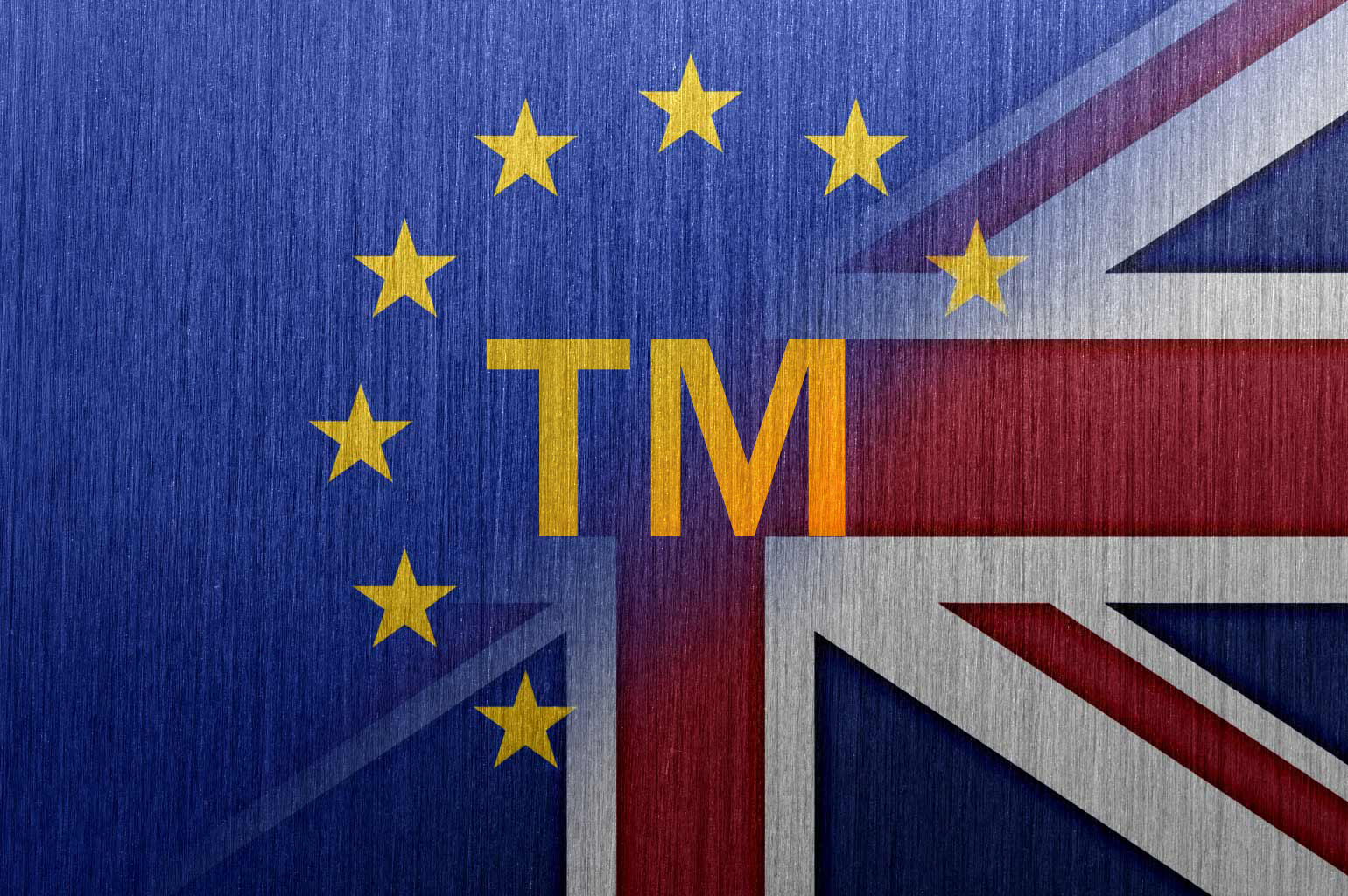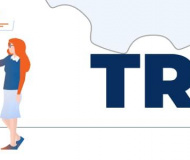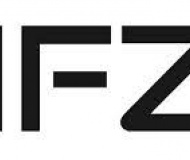The impact of Brexit on UK and EU trademarks
News:
Date added: 15.03.2018 Today, businesses can either register a national trademark in countries where they plan to distribute their goods or services, or apply for registration of the European
Today, businesses can either register a national trademark in countries where they plan to distribute their goods or services, or apply for registration of the European
Union trade mark (EUTM), which is considered legal in all 28 member states. But how will the withdrawal of the country fr om the European Union, which will take place on March 9, 2019, affect British TM?
Will the EU directives for British TM remain relevant?
The basis of the law on trademark of Great Britain is the European Directive on Trademarks in new edition of 2015. Considering the foregoing, the EU member states should amend their national laws until January 15, 2019, and since the United Kingdom will still be a member of the European Union for this date, this also applies to it.
The government is discussing a "transitional" period during which EU legislation will continue to operate in Great Britain. This period can last at least until December 31, 2020.
On loss or forfeiture of ownership right on TM products after the Brexit
Nowadays, the European principle of loss or forfeiture of ownership right is applied to the trademarks of Great Britain.
The European Commission believes that the principle of loss or forfeiture of ownership in the EU in relation to goods that entered the EEA market before the date of the UK's withdrawal from the Union should remain in force after the Brexit both in the United Kingdom and in the EU member states.
The main issue concerns the goods from Great Britain to enter the market after Brexit. Before the EU introduced the European principle of loss or forfeiture of ownership right, the UK used an international one: once the goods became widely available on the market with the approval of an owner of TM, resale of the goods in any country wh ere the international principle of loss or forfeiture of rights is applied could not be prohibited. After withdrawing the EU, the UK is likely to return to this scheme.
What will be the future of the European Union trademarks (EUTM)?
The EUTM will cease to operate in the UK immediately after the Brexit.
The European Commission recommends that owners or holders of the EUTM possess similar European intellectual property rights with legal protection in the United Kingdom. The EUTM will have to create a British trademark in order to work in the UK. Since the Commission assumes that this will not result in financial expenses and that any related administrative duties will be minimized, it may be possible to convert European TM to British one online, or an opt-in system will be introduced.
Terms of Operation and Validity of EUTM
You can declare the EUTM invalid if it was not actually used for 5 years after registration. Today, in order for the EUTM to be considered actually used, it is enough that its activity is observed in one of the countries of the Union. This means that the EUTM, which is only used in the UK, is considered to be in fact valid for the EU.
What will happen with the EUTM, which were used mainly in the UK, after the Brexit? Can they be declared invalid because they no longer satisfy the requirement of "actual use" in the rest of the European Union?
Conclusion
Despite the fact that there are still many questions about the influence of Brexit on the protection and observance of TM's rights, the Intellectual Property Office highlights that the United Kingdom is a member of the Madrid system, which allows to submit one application, pay one set of fees, and receive protection in 116 states, including the EU countries.

















